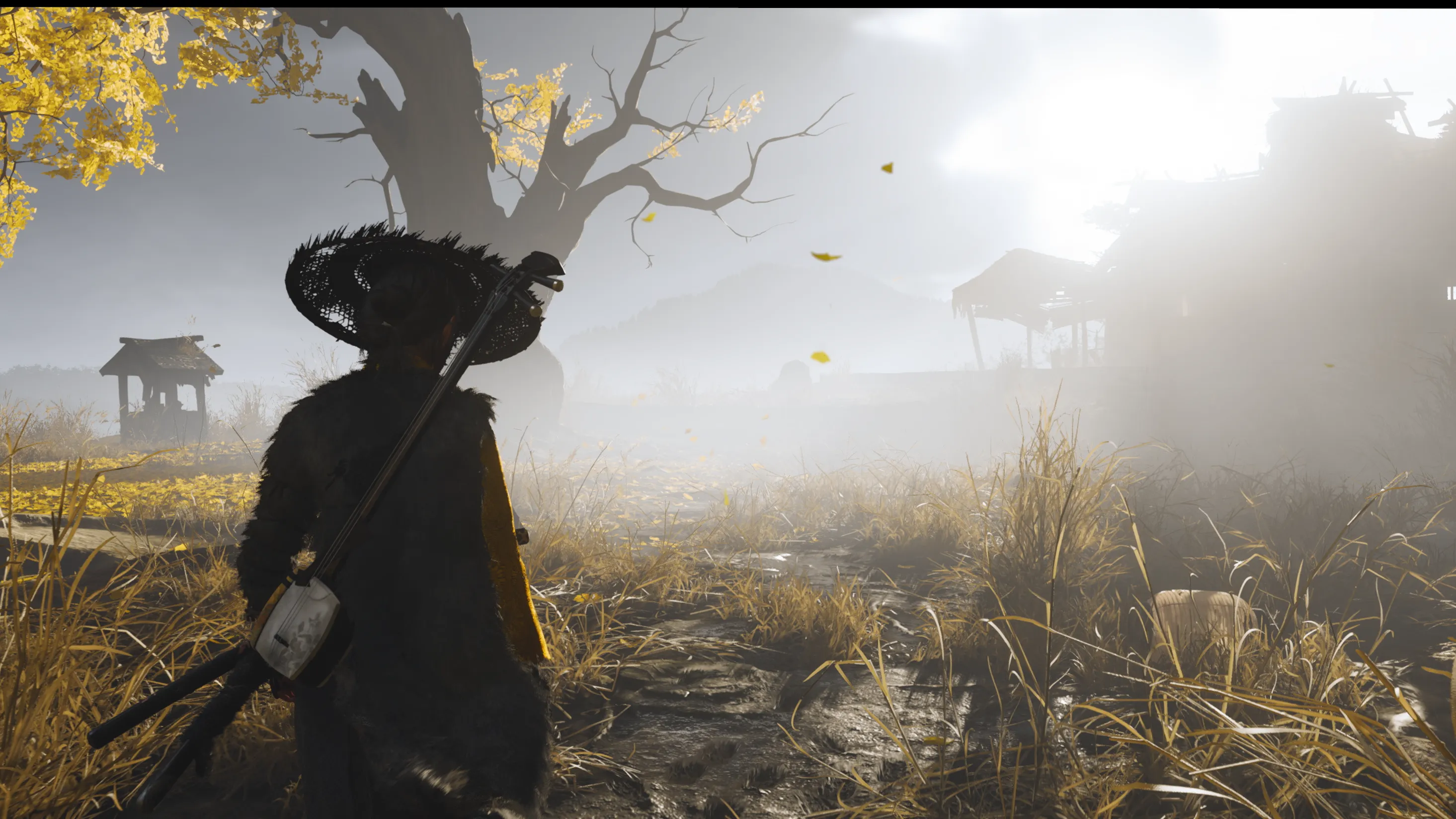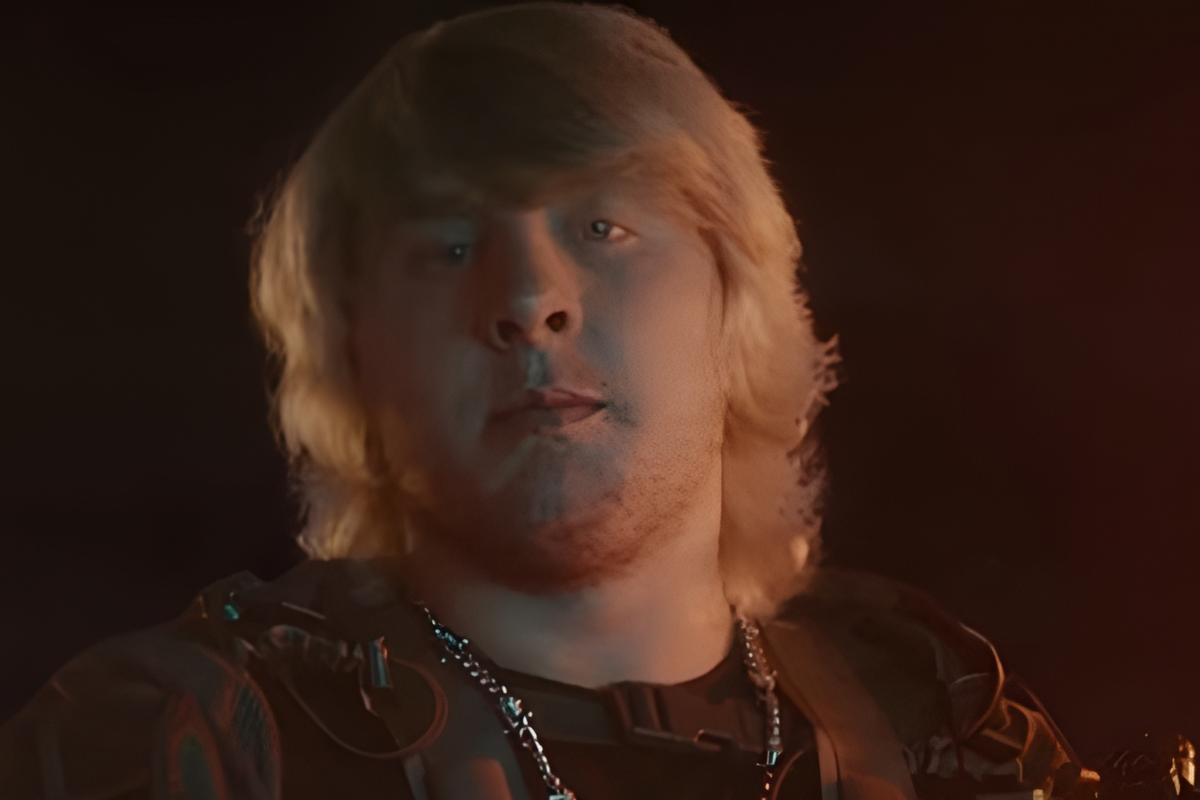By Scott Meslow
Copyright gq

I could not have been more delighted to begin Ghost of Yōtei. From the moment I started playing Sony’s big new action-adventure game—if I’m honest, even before I started playing—I knew I’d be carving out extra time in my schedule, heading to bed one hour later than I’d typically budget for, to let the game work its spell on me.
Just as I expected, Ghost of Yōtei was compelling. But it was also compulsive. The game’s pleasures are delivered at a satisfyingly regular clip, and in generous portions. Playing Ghost of Yōtei is a little like driving a high-end sports car down an endless open highway, or eating beluga caviar for breakfast, lunch, and dinner. I might not be headed in any particular direction—I might not ever get full—but there was no question I would enjoy every decadent, hedonistic second of the experience.
This feeling was familiar to me. When its predecessor, Ghost of Tsushima, arrived in July of 2020— just as the loneliness of the COVID-19 pandemic was fully settling in—it could hardly have been more perfectly timed. Here, at last, was a sprawling open world totally free for me to explore, and just when I needed it. I had previously been mostly cold on rival franchises such as Assassin’s Creed (which published its latest installment, set in Japan just decades before the events of Yōtei, earlier this year). But from its opening battle to its closing credits, Tsushima grabbed me and didn’t let go.
What do we want from an open world? At that moment, Ghost of Tsushima turned out to be my answer, because it was—quite literally—a world that had been designed entirely with my enjoyment in mind. The game is so accommodating to the player’s experience that you can’t even purposefully have a bad time: Ride your horse through a dense forest, and you’ll find yourself gracefully slipping between the tree trunks without pushing a single button.
In 2020, Ghost of Tsushima’s pleasing rhythms slipped into my day-to-day life pretty seamlessly; a couple of hours in the afternoon spent aimlessly wandering the flat streets and sidewalks of Los Angeles—keeping a respectful social distance from my neighbors, who were doing the same— and then a couple hours at night spent marveling at the beauty of Ghost of Tsushima’s lovingly rendered version of 13th century Japan, where bouts of haiku-writing or encounters with foxes were regularly interrupted by bloody, up-close-and-personal katana duels with hundreds of interchangeable foes. I devoured the game, grateful for the escapism it offered from a world that offered so little actual certainty.
Five years later, Ghost of Yōtei arrives into a world that feels, somehow, even less certain. The escapism has also been dialed up. Though the game is set in 1603—in a different part of Japan than Tsushima, and some 300 years after that game’s events—Ghost of Yōtei lacks even its predecessor’s flimsy ties to actual Japanese history. The game’s true point of reference is not the age of the samurai, but the age of samurai movies, and its developers have even included optional settings to make Ghost of Yōtei more closely resemble the works of Akira Kurosawa, Takashi Miike, and Shinichirō Watanabe.
If there’s a calibration that suits your own personal dream of a samurai epic with you at its center, Ghost of Yōtei probably offers it. The game begins as heroine Atsu confronts and kills a masked man known as The Snake. Atsu, we quickly learn, is serving revenge. More than a decade earlier, when she was a child, a group of lethal enforcers called the Yōtei Six descended upon her homestead and murdered her parents. Now, after years of diligent training, Atsu has returned to slice up the Yōtei Six one by one. The order is up to you, but you know you’ll have all their heads eventually.
This is a satisfyingly straightforward plan of attack, and while Ghost of Yōtei soon busies the player with an array of side tasks—painting landscapes, cutting bamboo stalks, soaking in hot springs, etc.—the core narrative keeps the game humming along. Northern Japan has been trampled, dishonored, and degraded by its cruel, self-appointed rulers; you, a much-whispered-about legend called the onryō, are justice incarnate, cutting a bloody streak across the countryside. At the time of this writing, I am some 20 hours into the game’s sprawling narrative. I have basically never not had fun playing it, and there’s much game left ahead of me.
What do we want from an open world? It’s a question that’s haunted me lately. As I’ve looked at the real world around me—processing what feels, more often than not, like a never-ending string of new horrors—an unwelcome thought keeps coming into my head: Of all the worlds human beings could have created, this is the one we’ve chosen?
Ghost of Yōtei is, theoretically, a welcome break from all that. But the real world also has a way of intruding on the fictional one. In a pattern that has grown grimly routine for the video game industry, Ghost of Yōtei had already drawn heated criticism—from depressingly predictable quarters—first by building the game around Atsu, a female protagonist, and then by casting genderfluid actor Erika Ishii as that heroine.
That “controversy,” at least, was largely consigned to YouTube and X, where there are clear social and economic incentives for stoking such fires. But more tangible real-world consequences came earlier this month when Drew Harrison, an artist on Ghost of Yōtei, made a social media joke about the murder of Charlie Kirk—sparking the same kind of coordinated campaign, encouraged by Vice President J.D. Vance, to cancel anyone, in any industry, deemed insufficiently reverent about Kirk’s killing. Fewer than 24 hours later, Harrison had been fired by the studio. But the game still arrives under a cloud—from some who remain outraged that one of the studio’s former employees would ever have made such a joke, and from others who are outraged that Sony wouldn’t stand behind her.
All this cultural baggage is, frankly, too much to put on Ghost of Yōtei, which above all aims to please. In this game, nature is revered and protected; enemies are easily identified and vanquished; and joyful, satisfying experiences are plentiful. It is a comforting place to spend some of your precious time.



